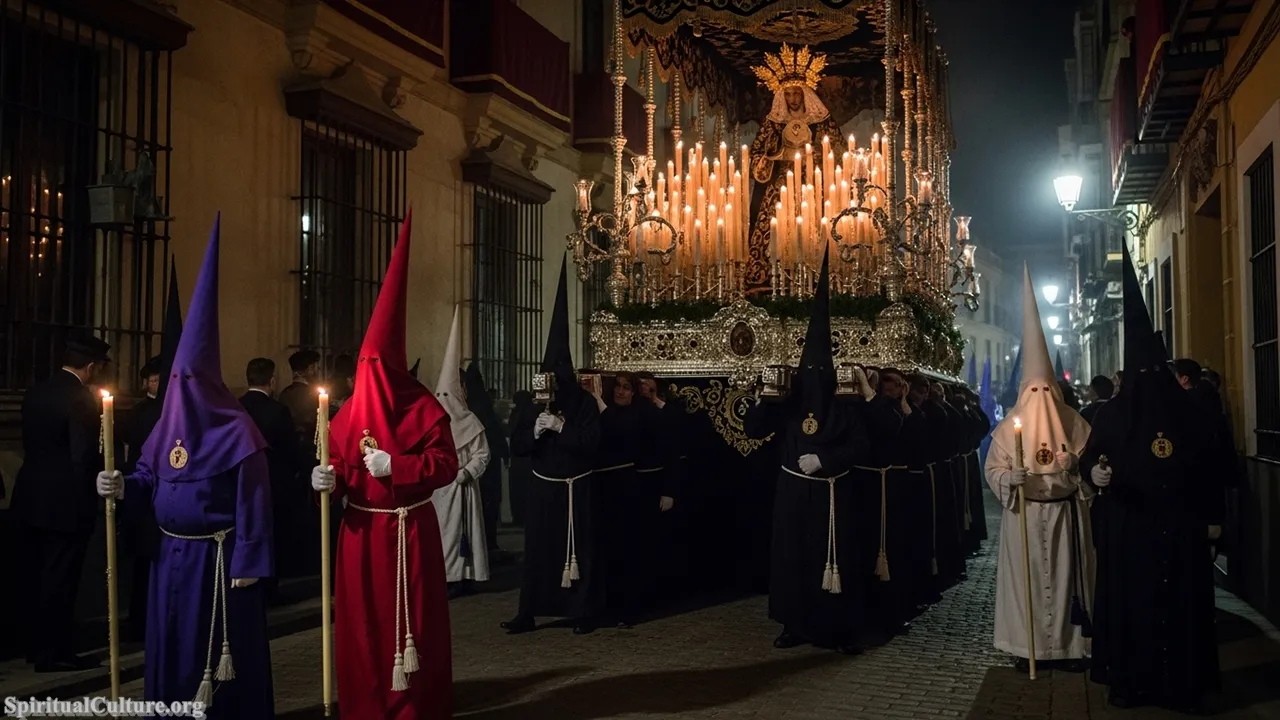It can involve the rituals, traditions, and teachings of a particular religion or spiritual tradition, as well as an individual’s spiritual practices and experiences.
Spiritual culture can also encompass how people express their spirituality and seek to connect with a higher power or spiritual force. This can involve participating in religious or spiritual activities such as prayer, meditation, or service to others and living a life guided by spiritual principles and values.
Spiritual culture can provide meaning and purpose in people’s lives and provide a sense of community and belonging. It can shape an individual’s worldview, values, and behaviors and influence their relationships with others and engagement with the world around them.
Factors such as education and life experience can shape spiritual culture. Social and cultural factors, such as the dominant religious or spiritual traditions in a particular region or community, can also influence it.
There are many different spiritual cultures worldwide, each one being unique. Some people may identify with a specific religion or spiritual tradition, while others may follow a more personal or individualized spiritual path. Regardless of its specific form, spiritual culture can be an important part of a person’s identity and sense of self.
In addition to the personal and individual aspects of spiritual culture, it can also have broader societal and cultural impacts. For example, spiritual beliefs and practices can shape a particular society or community’s laws, policies, and social norms. They can also influence how people interact with each other and the natural world and play a role in social justice and activism.

Spiritual culture can also be a source of conflict and tension, as different spiritual traditions and beliefs may conflict with each other or secular society. However, it can also be a source of unity and understanding, as people of different spiritual backgrounds can learn from and respect each other’s beliefs and practices.
Overall, spiritual culture is a complex and multifaceted aspect of human life that can shape an individual’s identity, values, and behaviors, as well as the broader culture and society in which they live.
One aspect of spiritual culture that is often emphasized is the idea of personal transformation or spiritual growth. Many spiritual traditions view the journey of the individual as a process of inner growth and development, with the ultimate goal being to achieve a greater understanding of oneself, one’s place in the world, and one’s relationship with a higher power or spiritual force. Various practices and disciplines, such as meditation, prayer, study, and service to others, can aid this process of spiritual growth.
Another important aspect of spiritual culture is the idea of spiritual practices or rituals. These are specific actions or behaviors that are performed as a way to connect with a higher power or to express one’s spirituality. Examples of spiritual practices or rituals include prayer, meditation, chanting, singing, and participating in religious ceremonies or services. These practices can vary widely among different spiritual traditions and may be performed individually or in a group setting.
Finally, spiritual culture can also be shaped by how people express their spirituality and seek to live following their spiritual beliefs. This can involve living a life guided by certain principles or values, such as compassion, forgiveness, and service to others. It can also involve engaging in activities aligned with one’s spiritual beliefs, such as volunteering, participating in social justice efforts, or engaging in environmentally sustainable practices.




